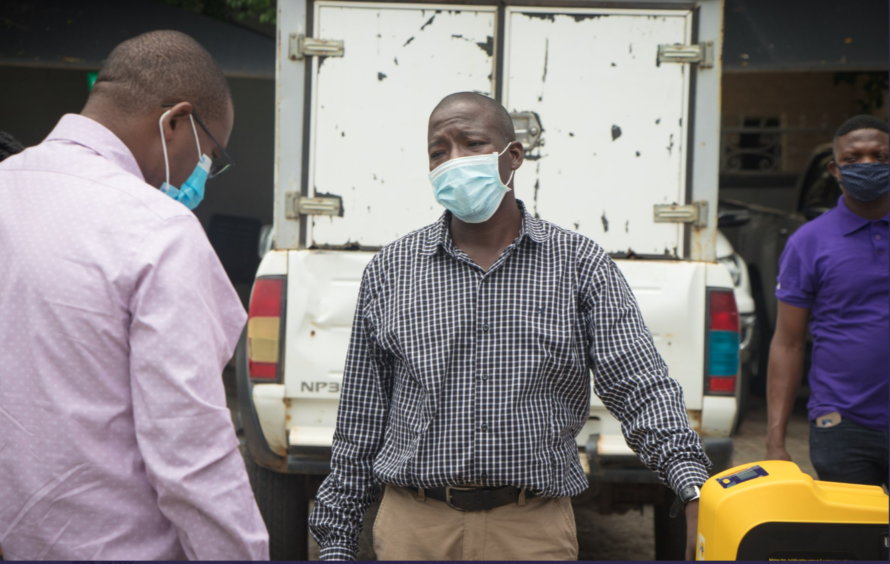
While the world struggles with how to cope with increased demand for medical care as a result of coronavirus, power shortages make such efforts that much harder.
In sub-Saharan Africa, electrification rates are low – but also opening a space for renewables. One company stepping up to work in Nigeria is Lumos, a solar system provider.
The company has partnered with All On to provide emergency solar-powered systems for healthcare and testing centres, Lumos Nigeria’s CEO Adepeju Adebajo told Energy Voice. “This intervention ensures that essential workers have access to reliable and clean electricity to provide medical care and test patients during the pandemic and beyond.”
Work is in its early stages, Adebajo acknowledged, involving 91 local government areas (LGAs) of the country’s 774 LGAs. Each of these areas has at least one healthcare centre.
Poor access to power hampers the work of healthcare providers, just as it does the 67% of households and 70% of companies without reliable grid electricity. “Affordable and clean electricity is vital to running life-saving equipment in hospitals and training essential workers,” he said.
The company is also working to provide power to households. “The lockdown also poses a huge threat to millions of businesses and the Nigerian economy, as employees do not have access to reliable energy to work from home. Lumos’ second intervention is to respond to the power for productivity challenge by launching a new ‘Work From Home Initiative’ to support businesses and economic recovery efforts,” Adebajo said.
Lumos sees a growing opportunity to provide solar power systems to small businesses and companies. “We see an upside in solar power adoption in the country, and as market leaders, we have committed to powering 1 million homes and small businesses by 2025.”

